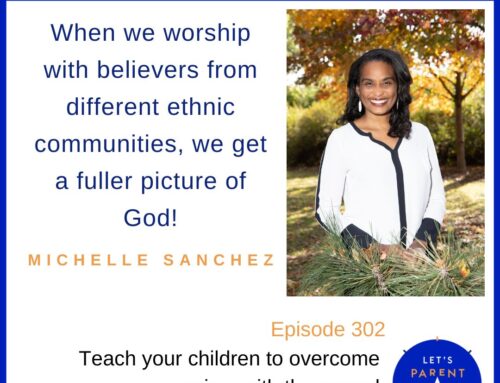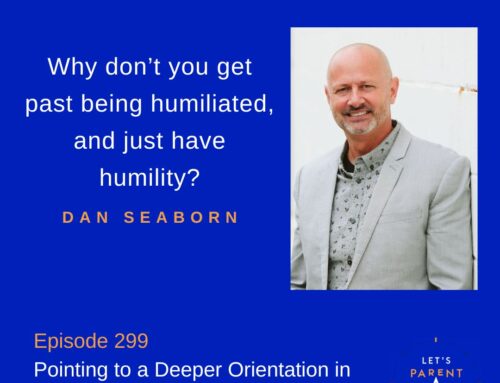Powered by RedCircle
We’re entering the season filled with awe, wonder, gratitude, and dread. It’s that time of year where we get to spend time with family we love.
Sometimes, we get to spend time with family who are easier to love at a distance.
Let’s be honest, just because we grew up together doesn’t mean we now have the same worldview, parenting styles, standards, goals, or aspirations. And sometimes we love every member of our family, and are mostly on the same page as them, but it’s just overwhelming when they all get together at once.
Thanksgiving and Christmas are wonderful. But sometimes they are really, really hard. Here’s a handy little guide that won’t solve your problems, but might diminish some of the stress and anxiety surrounding the Most Wonderful(ly Chaotic) Time of the Year
- Release yourself from the guilt of thinking you’re going to please everybody. Because you won’t. If you not bending to their every whim ruins their holidays, that’s on them, not you.
- Stop sabotaging the peace of all of the days leading up to your family gathering. This is one of those that’s so strange to me. Most of our giant family gatherings are just a few hours, some last up to a few days. But people spend weeks or even months of stress living in anticipation of those days. Stop. You’re not there yet, stop emotionally going there. The anticipation is often so much worse than any event. Don’t make a one difficult experience cast a shadow on an entire season.
- Make a plan. Aim to stick with your plan. Walk in grace when you cannot stick to your plan. Our experiences are so different, it’s impossible for me to give you a plan here that will cover every scenario. But some questions that are helpful to answer in advance might include “how am I going to calendar these next few weeks with enough margin to not run ragged?” “How am I going to coach my children for some of the unsavory experiences they might encounter with our extended family?” “Knowing that I do not trust this particular person in my family, how am I going to make sure that my children are not left in vulnerable situations with them?” “How am I going to redirect conversations with grace when they go down gossipy or destructive pathways?” “How am I going to lovingly hold my boundaries when this particular family member tries to guilt or manipulate me?” “How am I going to love and support my spouse as they navigate the different people in their family?”
- Intentionally instill a time of personal worship and gratitude, for you and your immediate family. In the book of Isaiah, there’s a mention of how the Lord gives us a garment of praise for the spirit of heaviness. Thanksgiving through Christmas should be one of the easiest times of year to be thankful. Spend daily time, above and beyond your normal time, being thankful. Let God lift your spirits.
- Don’t miss the teaching and training opportunities in your own family. Kids are way more perceptive than we wish they were. Take advantage of it. Have honest conversations (without gossip or disparaging) with some of the struggles you’ve had in your family before. Teach them how you’ve tried to love and also live in boundaries. Talk about your hopes and aspirations that your kids will get things right that you did not, and offer ways you think might have made the difference growing up if you could do it again. Affirm their feelings if they don’t like some of their cousins. Coach them on how to show love to hard people.
- Don’t go to your gatherings to “just get through them”, go seeking to be an instrument of grace. If you have a purpose and a mission, even painful things are more endurable. The holidays may not be the best time to air all of the family’s dirty laundry, but they should be a time for showing love, concern, and living like your family members were created in the image of God.
- Bring your other family members in as best as you can on the plan. If it’s dreadful for you, likely it’s dreadful for other family members. Since you have some time, start talking about how you might intentionally make the time more meaningful as you’re together. Maybe each family can put together a little photo video project of what happened over the last year. Maybe you can plan a service project together. Maybe as a family you can adopt a family in need and work together to provide for them.
- Think of ways you can be “others first” without feeling resentful and manipulated. Let’s say, for instance, that being together with the entire extended family raises your anxiety through the roof. Perhaps you can be honest with them about that, and then schedule two or three meetings with portions of your family during that time. Or perhaps you and your family could work on some kind of “Family Memory Project” for everyone to work on as you’re together. Make slips of paper, asking provoking questions that will bring encouraging conversations. Have everyone write notes of appreciation to one another. Take your nervous energy, go on Pinterest, find a creative plan together.
- Don’t add to your spouse’s stress by guilting them over their family. Your spouse didn’t choose their family. But they did choose you. Don’t make them regret their choice. Just kidding. But seriously, Philippians 2:14 says “do all thing without grumbling or complaining.” I’m pretty sure being with your spouse’s relatives is included in “all things”. If you’re guilty of this one, repent and apologize!
- Pray for your family! Don’t just pray you can endure them, pray God’s lavish blessings on them and your time together. Pray they could see the goodness of Jesus in you and your kids.
No family is perfect. Every family needs grace. And most likely, you’re the cause of other family members’ anxiety too! Love well, be intentional, and have hope.
It will be January before you know it!







Thanks for writing this . I REALLY needed this advice!
Glad it helped!